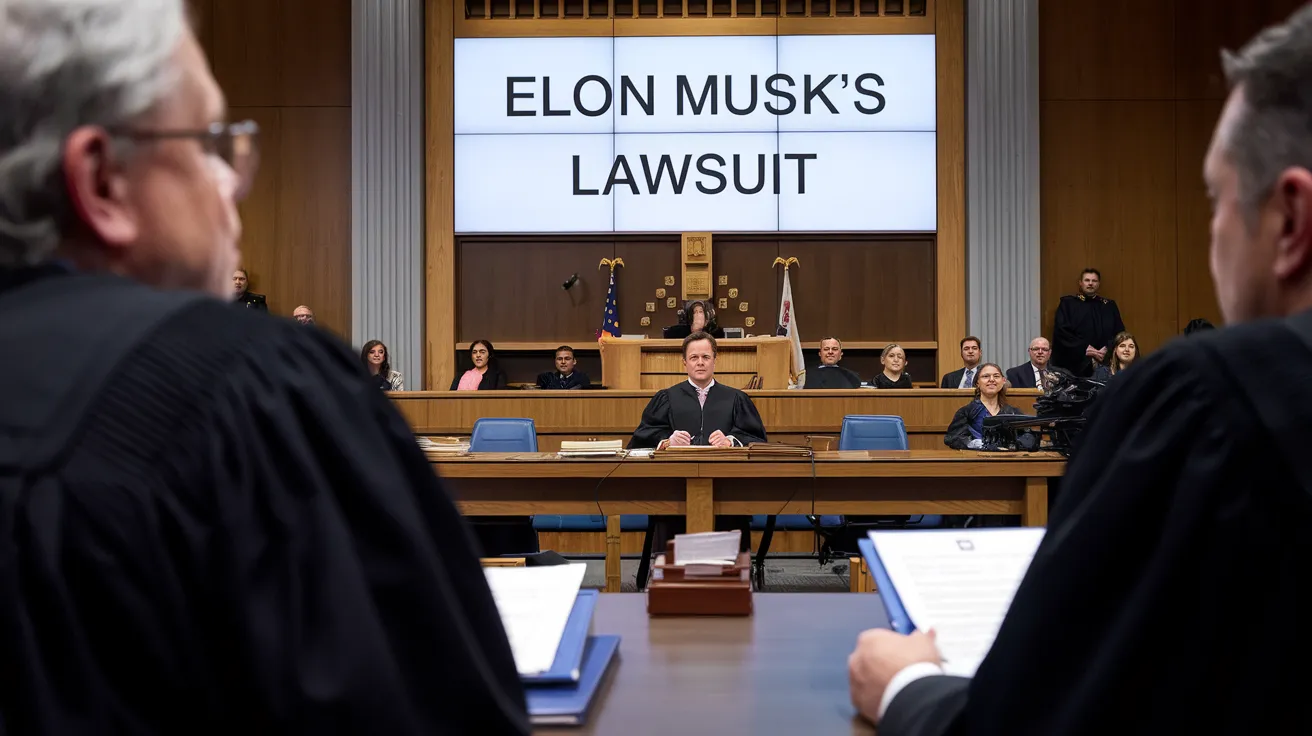Elon Musk Expands OpenAI Lawsuit Against Microsoft

Elon Musk has taken a significant step in his legal battle against OpenAI by expanding his lawsuit to include Microsoft, the company’s largest financial backer. The amended lawsuit, filed on Thursday night in federal court in Oakland, California, brings forth federal antitrust claims, alleging that Microsoft and OpenAI are conspiring to monopolize the generative artificial intelligence market and marginalize competitors.
The lawsuit echoes Musk’s original complaint from August, which accused OpenAI and its CEO, Samuel Altman, of prioritizing profits over the public interest. Musk criticizes OpenAI’s transformation from a tax-exempt charity to a billion-dollar financial entity, labeling it as a “market-paralyzing gorgon” that has dramatically changed within eight short years. In his latest filing, Musk seeks to void OpenAI’s licensing agreement with Microsoft and to compel the divestiture of what he refers to as “ill-gotten” gains.
OpenAI responded with a statement claiming the lawsuit is “even more baseless and overreaching than the previous ones.” Meanwhile, Microsoft has chosen not to comment publicly on the new allegations. Musk’s attorney, Marc Toberoff, expressed concerns over Microsoft’s anticompetitive practices, asserting that “sunlight is the best disinfectant” in addressing such issues.
Musk’s grievances against OpenAI appear to be deeply rooted, as he has been an outspoken critic since he co-founded the company. OpenAI has rapidly become synonymous with generative AI, largely fueled by substantial financial backing from Microsoft. Furthermore, Musk’s prominence seems to be rising outside the tech landscape; he has recently been appointed to a role in Donald Trump’s administration aimed at reducing government waste, following significant donations to Trump’s campaign.
The allegations of antitrust violations include claims that Microsoft and OpenAI have conditioned investment opportunities on agreements that prevent collaboration with their competitors. Musk’s filing posits that their exclusive licensing agreement constitutes a merger, which has not received necessary regulatory approval. Contrasting Musk’s position, OpenAI has accused him of using the lawsuit as a strategy to gain competitive advantage, increasing the tension between the tech entrepreneur and his former venture.